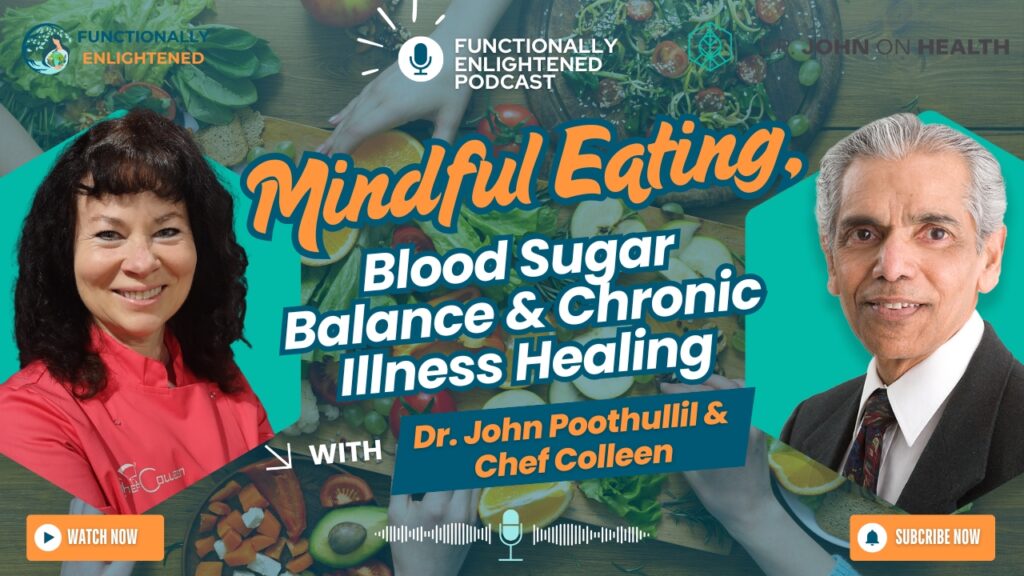I am sharing an article and audio commentary, in the article it explains that our eating behavior is driven more by environmental cues, sensory triggers, and habitual responses than by actual nutritional needs—meaning we often eat out of convenience or desire rather than real hunger. In the audio commentary, host Kevin Price interviews Dr. John Poothullil about the growing use of GLP-1 drugs like Ozempic and Wegovy, which were originally developed to manage Type 2 diabetes but are now widely used for weight loss. Dr. Poothullil explains how GLP-1 medications work by mimicking hormones that suppress appetite and slow digestion, leading to reduced food intake. They both were originally posted on DailyMailUsa.
From birth, our bodies are finely tuned to meet our nutritional needs. Infants triple their birth weight in the first year, driven by an instinctual drive to feed. As we grow, our nutritional requirements evolve, often imperceptibly. Toddlers experience a natural decline in appetite, coinciding with slower growth rates. Adolescents undergo growth spurts, requiring increased caloric intake, yet they often maintain lean physiques as their bodies efficiently utilize energy.
However, as adults, our eating patterns become influenced by various factors beyond mere nutritional needs. Cultural norms, social settings, and emotional states often dictate our food choices. In our 30s and 40s, metabolic rates typically slow, yet many continue to consume as they did in their youth, leading to weight gain. This phenomenon is not due to a loss of the brain’s ability to track nutritional needs but rather a result of behavioral choices. Our conscious decisions often override the body’s natural hunger cues, leading to overeating.

The brain’s reward system, particularly the mesolimbic dopamine pathway, plays a significant role in our eating behaviors. Highly palatable foods can activate this system, making us more likely to overeat. Additionally, stress and emotional states can impair the prefrontal cortex’s inhibitory control, leading to impulsive eating behaviors. This interplay between the brain’s reward system and our conscious choices underscores the complexity of eating behaviors.
To align our eating habits with our body’s true nutritional needs, it’s essential to cultivate awareness and mindfulness. Recognizing emotional triggers, understanding the difference between physical hunger and emotional cravings, and implementing strategies like intuitive eating can help restore balance. By re-establishing a connection between our conscious choices and our body’s signals, we can make informed decisions that support our health and well-being.
In conclusion, while our bodies are equipped to regulate nutritional intake, our conscious choices often lead us astray. By becoming more attuned to our body’s signals and understanding the underlying factors influencing our eating behaviors, we can make choices that honor our true nutritional needs.

On a recent Price of Business show, Host Kevin Price interviewed Dr. John Poothullil.
In this informative episode, host Kevin Price interviews Dr. John Poothullil about the growing use of GLP-1 drugs like Ozempic and Wegovy, which were originally developed to manage Type 2 diabetes but are now widely used for weight loss. Dr. Poothullil explains how GLP-1 medications work by mimicking hormones that suppress appetite and slow digestion, leading to reduced food intake.
With approximately 12% of U.S. adults having used a GLP-1 drug, Dr. Poothullil discusses why these medications have surged in popularity. He raises important questions about long-term use, noting that patients often regain weight once they stop taking the drug—and that continuous use may lead to nutritional deficiencies and other health concerns.
Dr. Poothullil also offers an alternative: a natural, nutrition-based approach to weight and blood sugar control that focuses on eating nutrient-rich foods and reducing reliance on processed, grain-based carbohydrates. He emphasizes that understanding how the brain responds to nutrient needs—not just calorie intake—is key to lasting health.
This conversation sheds light on the science behind GLP-1 drugs and explores a sustainable path to weight management without pharmaceutical dependence.
The author of the award-winning book, Diabetes: The Real Cause and the Right Cure, and Nationally Syndicated Columnist, Dr. John Poothullil, advocates for patients struggling with the effects of adverse lifestyle conditions.
Dr. John’s books, available on Amazon, have educated and inspired readers to take charge of their health. You can take many steps to make changes in your health, but Dr. John also empowers us to demand certain changes in our healthcare system. His latest book, Beat Unwanted Weight Gain, reveals the seven most essential strategies for shedding pounds—and keeping them off for good.
Revolutionize Your Approach to Weight Loss
Award-winning author Dr. John Poothullil introduces a life-changing perspective on shedding pounds without restrictive diets. In Beat Unwanted Weight Gain, you’ll discover seven science-based strategies to take charge of your health, make informed choices, and achieve real, lasting results.
Your transformation starts now!

Unlock your body’s natural ability to reclaim health.
Dr. John Poothullil, a physician with over 30 years of Type 2 diabetes expertise, dismantles misleading pharmaceutical-first narratives and reveals how mindful diet and lifestyle changes can reverse the disease. This evidence-based guide empowers you with clear, actionable steps—no lifelong medications required. Learn how to balance nutrients, control blood sugar, and build lasting habits rooted in science. If you’re ready to beat diabetes the natural way, this book is your roadmap to lasting freedom.



